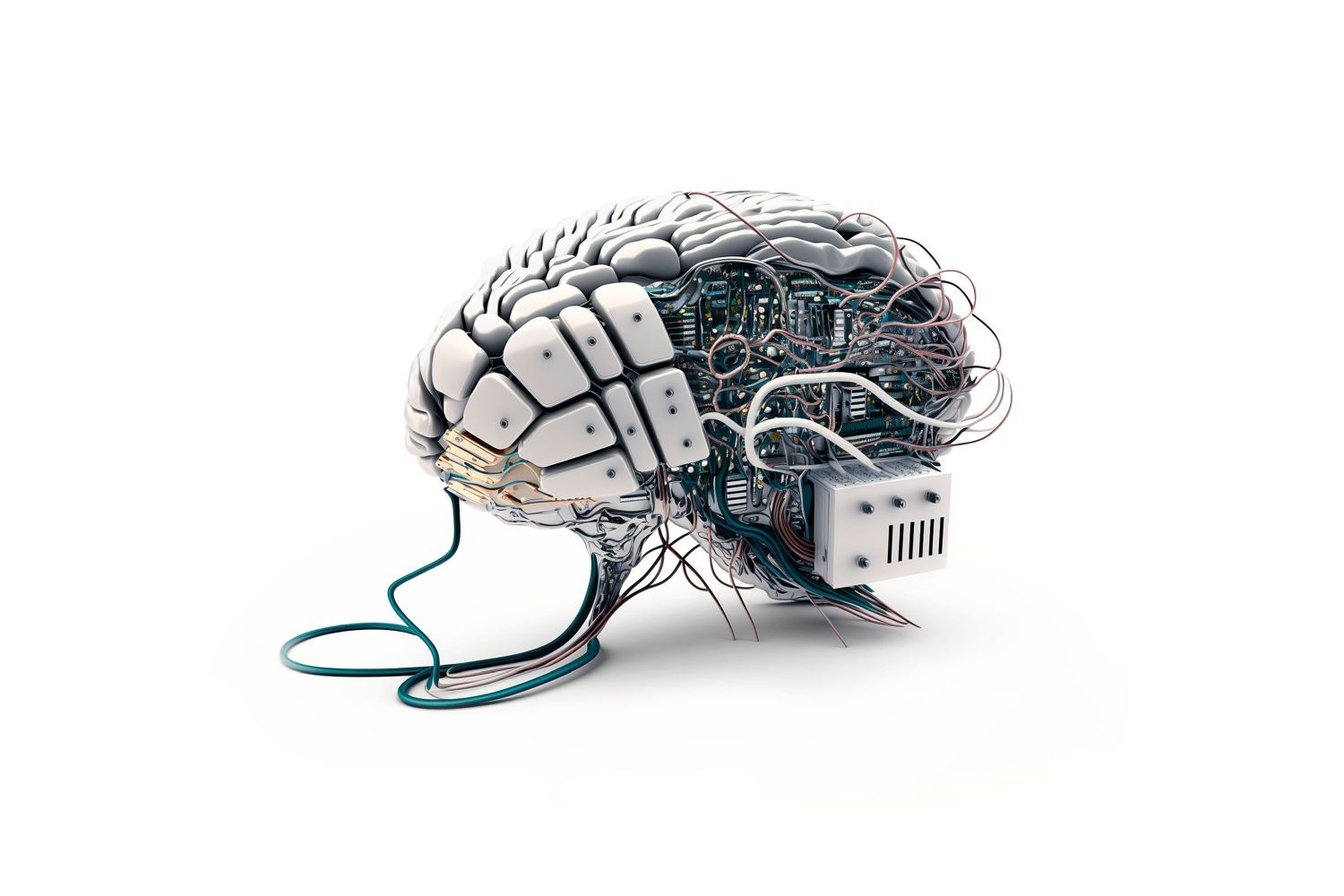Artificial intelligence is also finding its way into the healthcare sector. Will we only be treated by software and robots in the future? On the contrary: the new technologies offer the opportunity for specialists to focus more on patients.
Artificial intelligence (AI) will revolutionize medicine by accelerating diagnosis and treatment through advanced image analysis, analytics and personalized medicine. It will provide healthcare professionals with powerful tools to make data-driven decisions and improve patient outcomes, while driving innovation in drug development and optimizing healthcare operations.
This is what the artificial intelligence-based chatbot ChatGPT says when asked to summarize in two sentences how artificial intelligence will change medicine in the future. And he is not really far removed from the specialist’s assessment.
Data as a basis
“But that’s not surprising,” says Guru Sivaraman, Director of ICT at the USZ. “The amount of statements on the internet about artificial intelligence in medicine is probably quite large by now. Artificial intelligence is always based on the data that is available to it.” And this is precisely where the problem lies for the use of artificial intelligence in healthcare. Patient data is not freely available on the web. That is of course correct. However, in order to exploit the potential of artificial intelligence, the largest possible, high-quality data sets are required. “Today, we lack structured, analyzable data and platforms for easy exchange in medicine. In addition, we not only need legislation to ensure data security, but also rules for the approval and monitoring of algorithms used in medical care,” explains Guru Sivaraman.
Many questions …
ChatGPT does not address other challenges either. For example, ethical questions: How should patients be informed when AI methods are used? Who is to blame if errors occur with AI-supported diagnoses? How do we deal with the fact that the results of algorithms are biased, for example because minorities are not sufficiently represented in the database? This needs to be discussed and clarified, says Guru Sivaraman.
… but also many opportunities
“But despite all the uncertainties: AI and data have huge potential and will significantly change the future of healthcare. Medicine would become more accessible for all population groups – including in prevention,” he is convinced. In addition, the effects of the shortage of skilled workers could be mitigated. “We need to deploy specialists where their expertise is needed, in the analysis of the most complex cases or directly with patients. AI could take over the preparatory work and repetitive administrative tasks, so to speak, and thus relieve the burden on specialists.” The USZ is also actively involved in the digital transformation and is conducting research in the field of AI.
Learning from machines
Strokes are the third most common cause of death in Switzerland. Susanne Wegener, Head Physician at the Department of Neurology, and her team therefore want to find out which people benefit more and which benefit less from established treatments. They have researched how reliably AI can make predictions of success and how these compare to predictions made by experts. To this end, both the computer and the experts evaluated clinical factors and findings from the magnetic resonance imaging in order to subsequently make assessments.
how they predict the patient’s state of health in three months’ time.
This has shown that the machine can certainly keep up with human forecasts. AI recognized more than the specialists, especially in image analysis. What exactly this more is still needs to be analyzed. “Many neurologists primarily assess the size of a stroke,” explains Susanne Wegener, “but the self-learning software has also recognized other characteristics in the data that appear to be relevant to the prognosis.” It would be desirable for AI and its findings to be able to support the doctors treating patients in the future. “It won’t replace us,” Susanne Wegener is convinced, “but AI can help us to better assess the chances of success of a therapy and thus further optimize the quality of treatment.”
More time for humanity
The medical equipment triggers around 700 alarms every day for a patient in the intensive care unit. A considerable proportion of these are false alarms. “A reduction in false alarms would increase patient safety and relieve the burden on specialists,” says Emanuela Keller, Medical Director of the Neurosurgical Intensive Care Unit. “This would give them more time to be there for patients and their relatives.” The huge amounts of data generated by the devices – thousands of data points for each patient every day – could help.
But which of this data is relevant? This is where technologies such as data mining and artificial intelligence come into play. “Algorithms based on artificial intelligence should help us to evaluate the data in such a way that we can predict how a patient’s state of health will develop. And they should be able to give us therapeutic recommendations,” explains Emanuela Keller. To achieve this, she and her team are researching which data models could be useful. They are currently programming another algorithm for this purpose. “So far, the prediction models have not been validated enough. But we are keeping at it, for the benefit of patients.”
